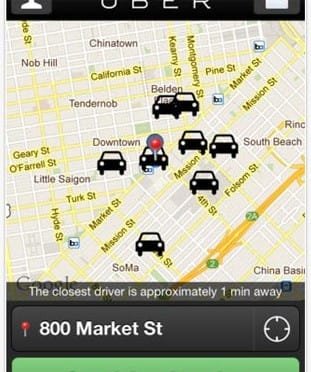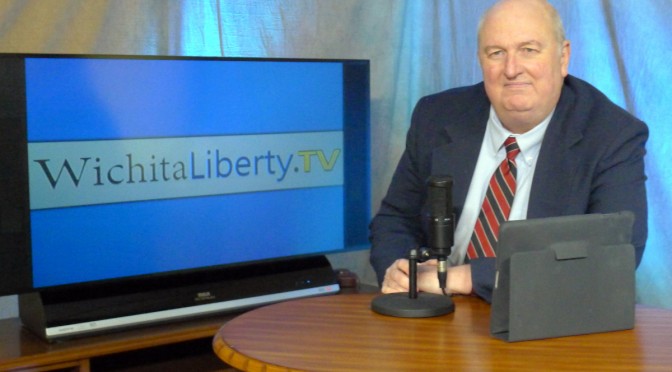Tag: Janet Miller
-

Wichita city council schools citizens on civic involvement
Proceedings of a recent Wichita City Council meeting are instructive of the factors citizens should consider if they want to interact with the council and city government at a public hearing.
-
In Wichita, the attitude of some elected officials needs adjustment
In this excerpt from WichitaLiberty.TV: Attitudes of Wichita government leaders towards capitalism reveal a lack of understanding. Is only a government-owned hotel able to make capital improvements? Then, two examples of the disdain elected officials express towards their constituents who don’t agree with them.
-

Uber, not for Wichita
A novel transportation service worked well for me on a recent trip to Washington, but Wichita doesn’t seem ready to embrace such innovation.
-

WichitaLiberty.TV: Alternatives to raising taxes, how to become involved in politics, and bad behavior by elected officials
Wichita voters tell pollsters that they prefer alternatives to raising taxes. Then, how can you get involved in politics? A deadline is approaching soon. Finally, some examples of why we need to elect better people to office.
-

In Wichita, capitalism doesn’t work, until it works
Attitudes of Wichita government leaders towards capitalism reveal a lack of understanding. Is only a government-owned hotel able to make capital improvements?
-

WichitaLiberty.TV: For whose benefit are elections, school employment, wind power, unions, unemployment
The controversy over the timing of city and school board elections provides an insight into government. Then: Can a candidate for governor’s claims about Kansas school employment be believed? Wind power is expensive electricity, very expensive. A Wichita auto dealer pushes back against union protests. Finally, what is the real rate of unemployment in America?
-
Starwood calls on Wichita
The usual problems with cronyism and corporate welfare come with economic development incentives offered to Starwood, but there are specific problems, too.
-
Janet Miller corrects misinformation
A Wichita City Council member sets out to correct misinformation, but instead makes a number of factual errors.
-
Wichitans have choices; perhaps not information
The Wichita Eagle publishes a voter guidebefore each election. While this is a useful civic service, readers of the newspaper might wonder what is the point of allowing candidates to make statements and claims without being held accountable.
-
Wichita economic development and the election
As Wichitans decide their preference for city council members, voters should take a look at the numbers and decide whether they’re satisfied with our city’s performance in economic development.
-

Is graft a problem in Wichita?
Is it possible that “Graft takes the collective wealth of working taxpayers and transfers that wealth to the benefit of corrupt government officials and their private sector accomplices” in Wichita?
-
In Wichita, a quest for campaign finance reform
Actions of the Wichita City Council have shown that campaign finance reform is needed. Citizen groups are investigating how to accomplish this needed reform, since the council has not shown interest in reforming itself.